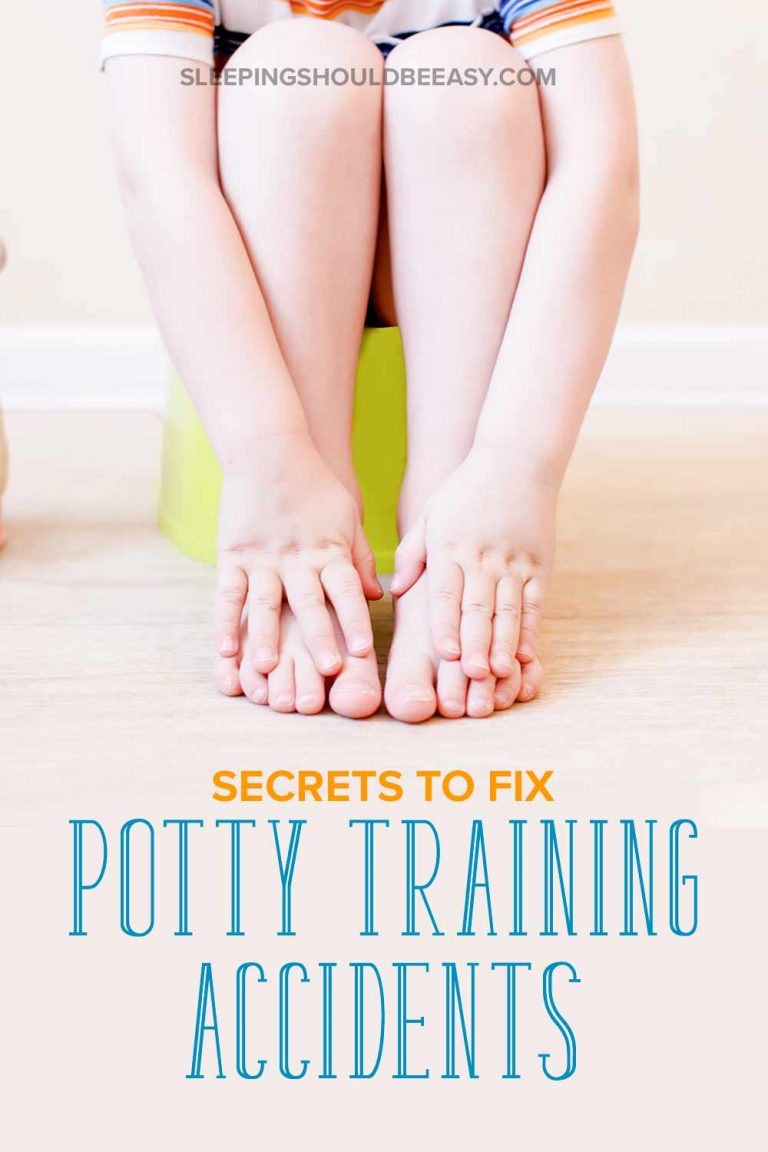
How to Handle Your Potty Trained Toddler Having Accidents on Purpose
This applies to the first few days, weeks, and even months after "training," Hoskins says. "The late stages of potty training, when occasional accidents are likely to happen, may look like regression to some," she explains. If your child was "potty trained" a month ago and now having accidents, it may just be a sign that you need to work on the.
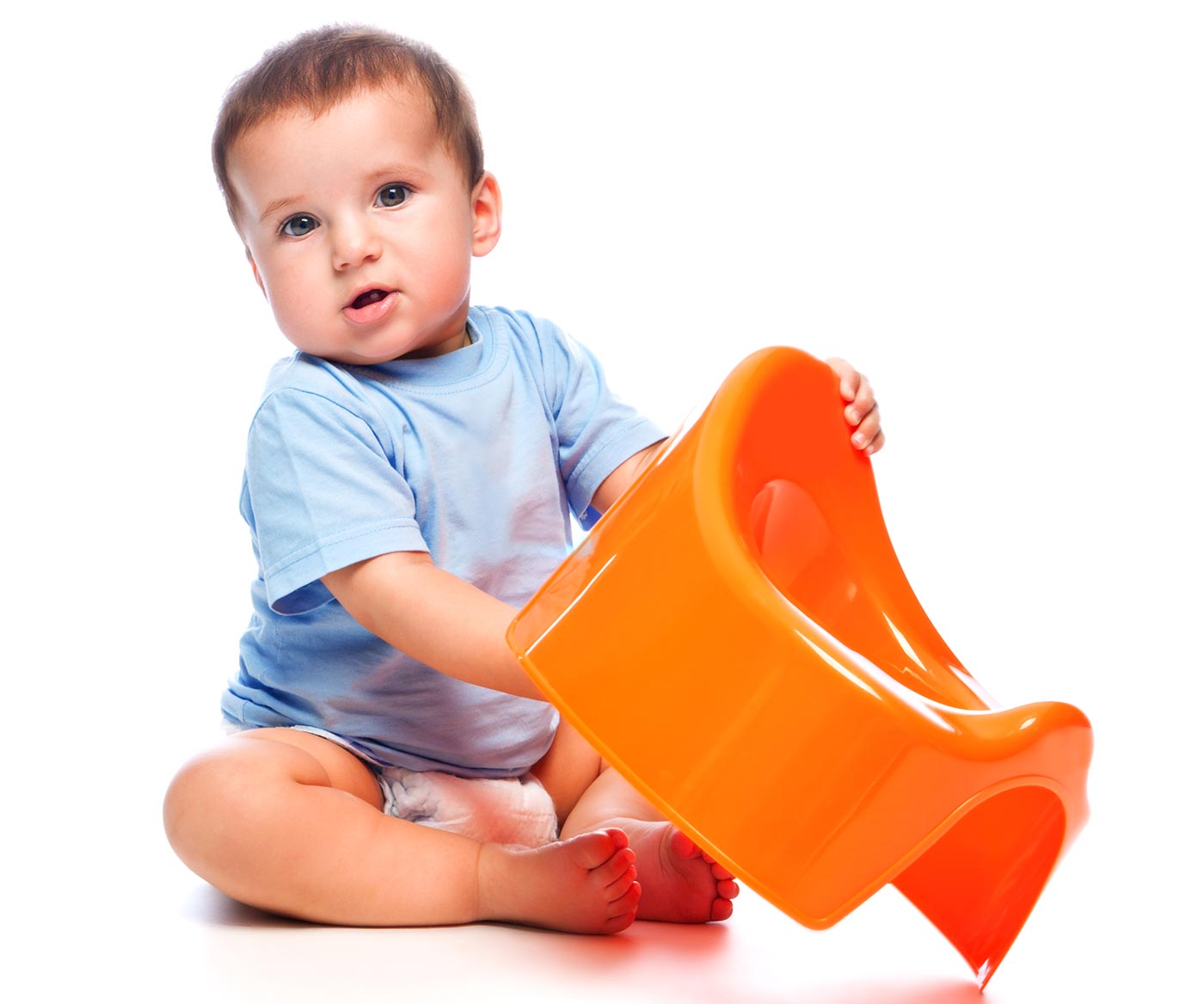
How to Handle Your Potty Trained Toddler Having Accidents on Purpose
1. Stay calm. Even though you're frustrated, remind yourself that a period of regression can be normal. It might be happening for a number of reasons, but it can be fixed. 2. Don't punish.
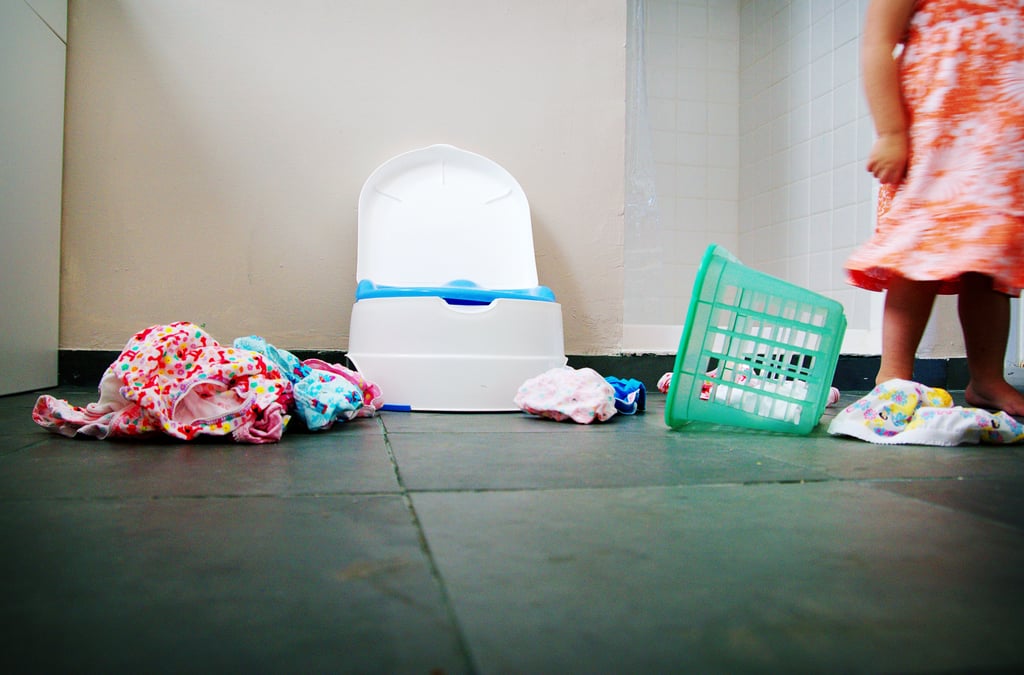
Accidents happen. What to Know About PottyTraining POPSUGAR Family
Prepare the equipment. Place a potty chair in the bathroom or, initially, wherever your child is spending most of his or her time. Encourage your child to sit on the potty chair in clothes to start out. Make sure your child's feet rest on the floor or a stool. Use simple, positive terms to talk about the toilet.
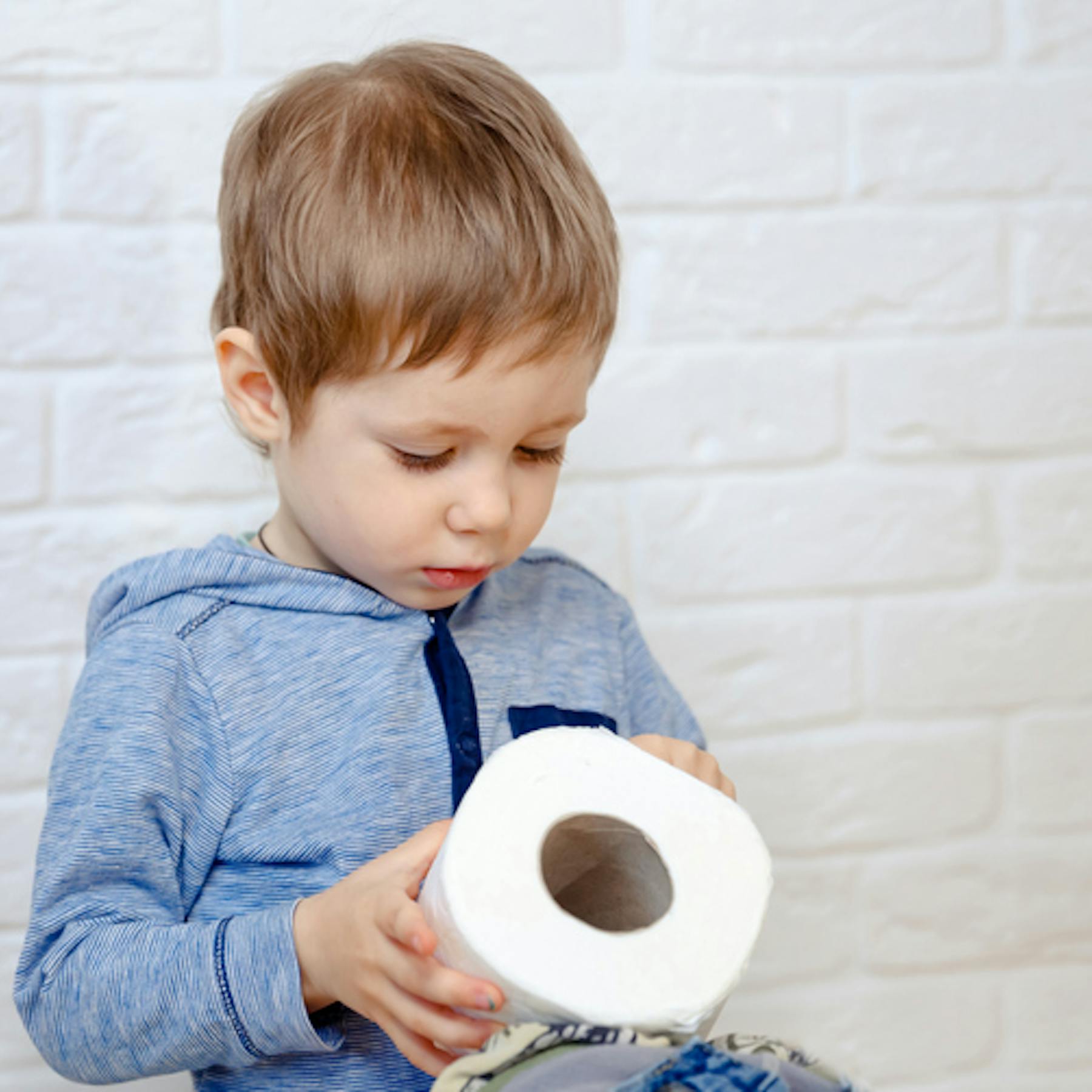
Why is my potty trained child suddenly having accidents? Winnie
Every child is different, but most begin to potty train as toddlers. In general, children have daytime bladder control by about age 4. Nighttime bladder control often follows within a few months (learn more about bedwetting at night). When a potty-trained child suddenly starts having accidents at home or wetting themselves at school, there may.

Potty Trained Toddler Having Accidents on Purpose?
Next, encourage him to empty the contents into the bowl ("poop goes in the potty"). If the loud flush scares him, drown out the sound with your applause and heap plenty of praise on him. Or, you can also use a potty training seat with a removable bowl and empty the contents out after he leaves the room. Timing, too, plays a big part.
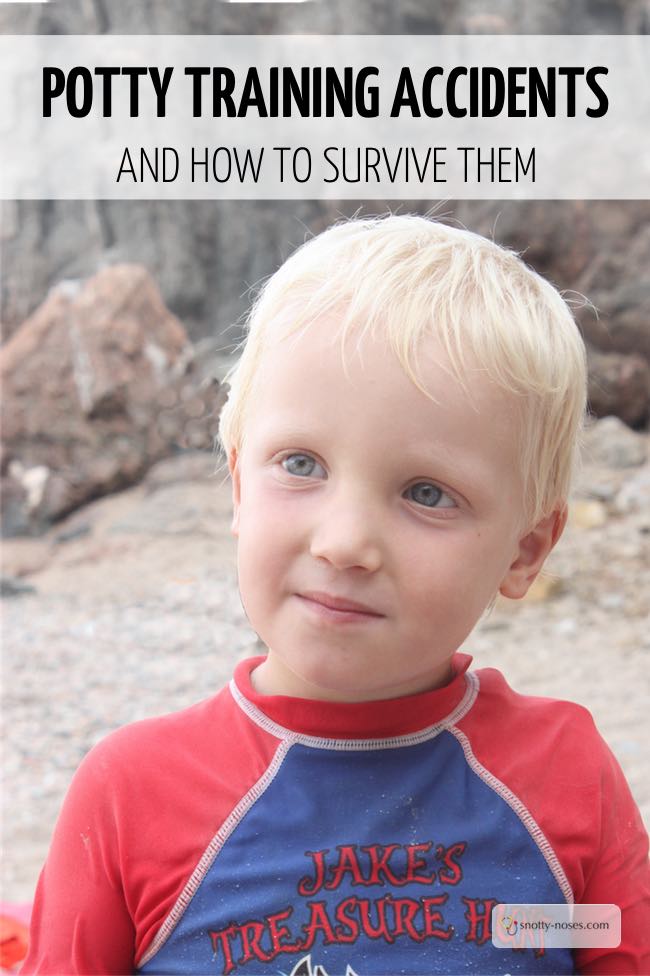
Potty Training Accidents and How to Prepare
This can prevent accidents, especially if she's under 18 months, when her bladder and rectum muscles aren't yet mature enough to be controlled. While saying she should go for a wee, reassure her that she can go back to her playing afterwards. If your daughter has been potty-trained for a while, but has started to have accidents again, there may.
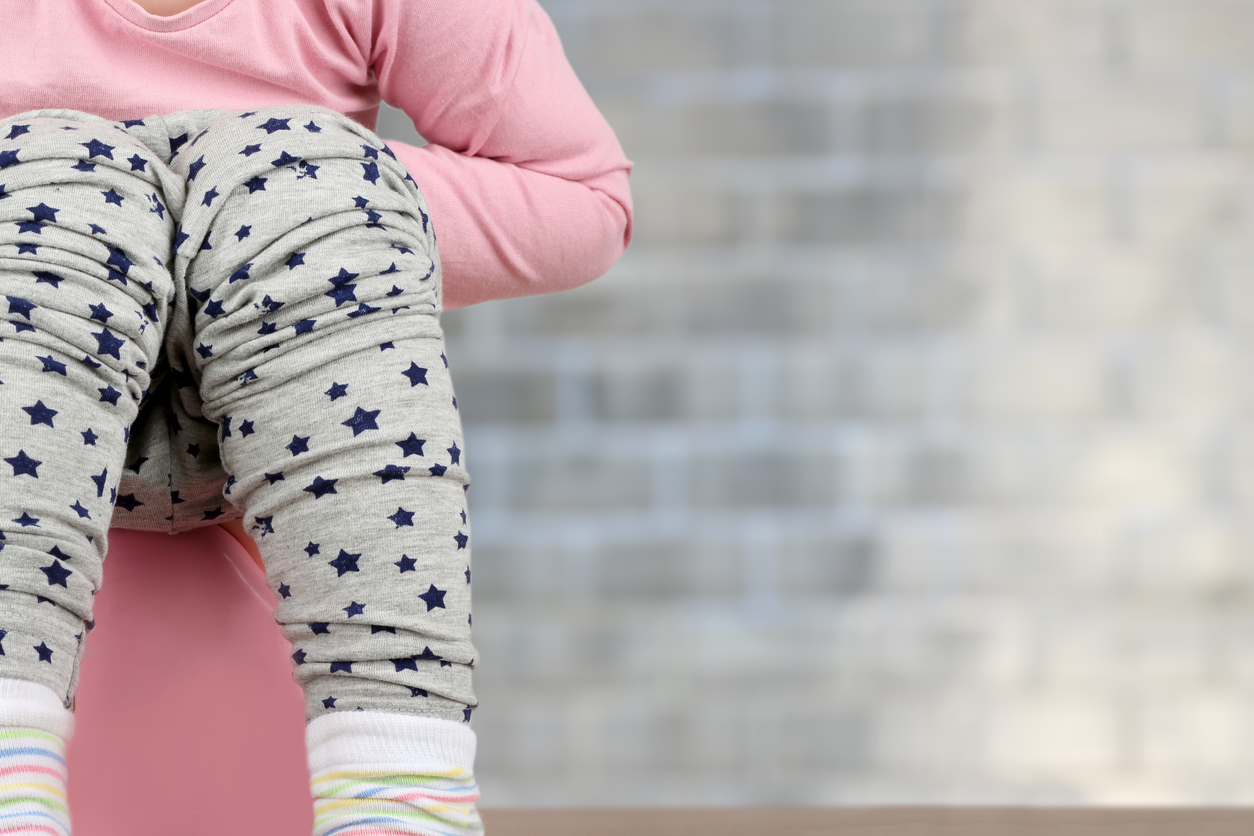
Is Your PottyTrained Child Having Accidents at School? SavvyMom
Emotional Issues and Potty Training Problems. Emotional causes of bathroom-related problems are among the most challenging to address, since young children are rarely able to express their confusion, anxiety, or fear in words. Behaviors such as defecating (pooping) in a corner of the bedroom, having daily accidents at school after many months.
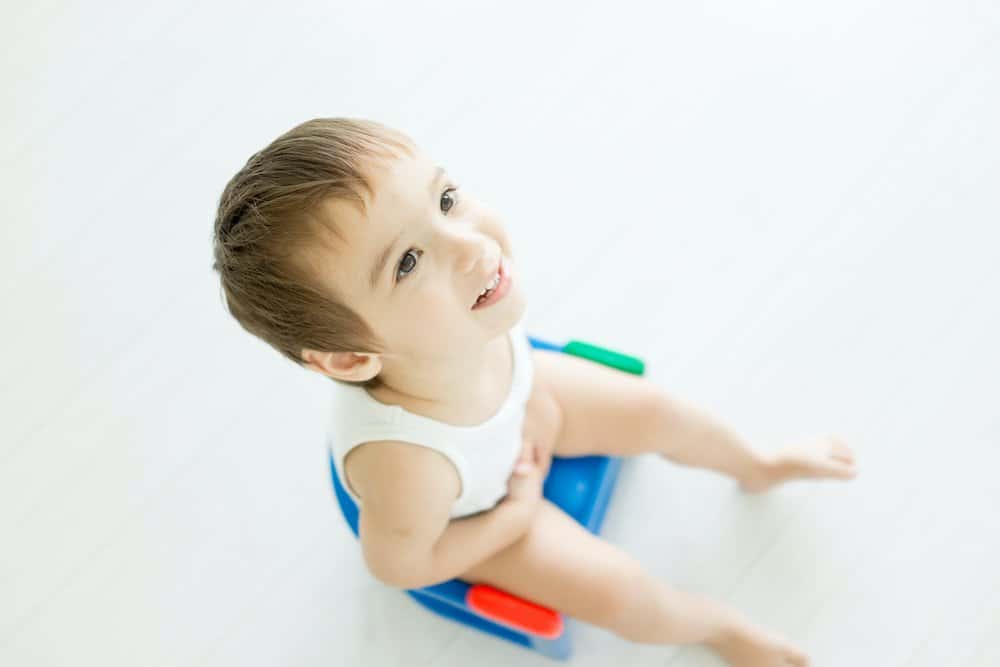
Accidents After Potty Training 1happykiddo
"When potty accidents are the result of power struggles, get kids involved in the cleaning process." — Dr. Ken Polin, pediatrician What not to do when potty accidents occur in older kids. Also — and this is very important — never shame a child for having accidents or experiencing potty training regression. "The most important thing.

Little Girl Potty Outside
Potty training regression is a setback in your toddler's hard-fought efforts to shed her diapers and regularly use her mini potty or sit on the big toilet with a training seat. [1] It's not the same as having an accident here and there (nearly all toddlers wet the bed at some point or "forget" and just go in their pants).
:max_bytes(150000):strip_icc():focal(511x0:513x2)/charlotte-5-1-caa8e10f04a945499a599c8614c472a2.jpg)
How PEOPLE's Deputy Editor Potty Trained Her 2YearOld Twins
Try a reward system. Give your child a few incentives to stay dry, especially if rewards worked the first time you potty trained them. For example, give your little one a sticker every day they.

Successfully potty training your child YouTube
Set a timer. When it goes off, have your child stop what she is doing and try to go to the potty. After she tries, reset the timer and wait for the next 30 minute potty try. If your child is still having accidents on a 30-minute schedule, switch to 15 minutes intervals to catch the accident before it happens. Praise: If and when your child goes.
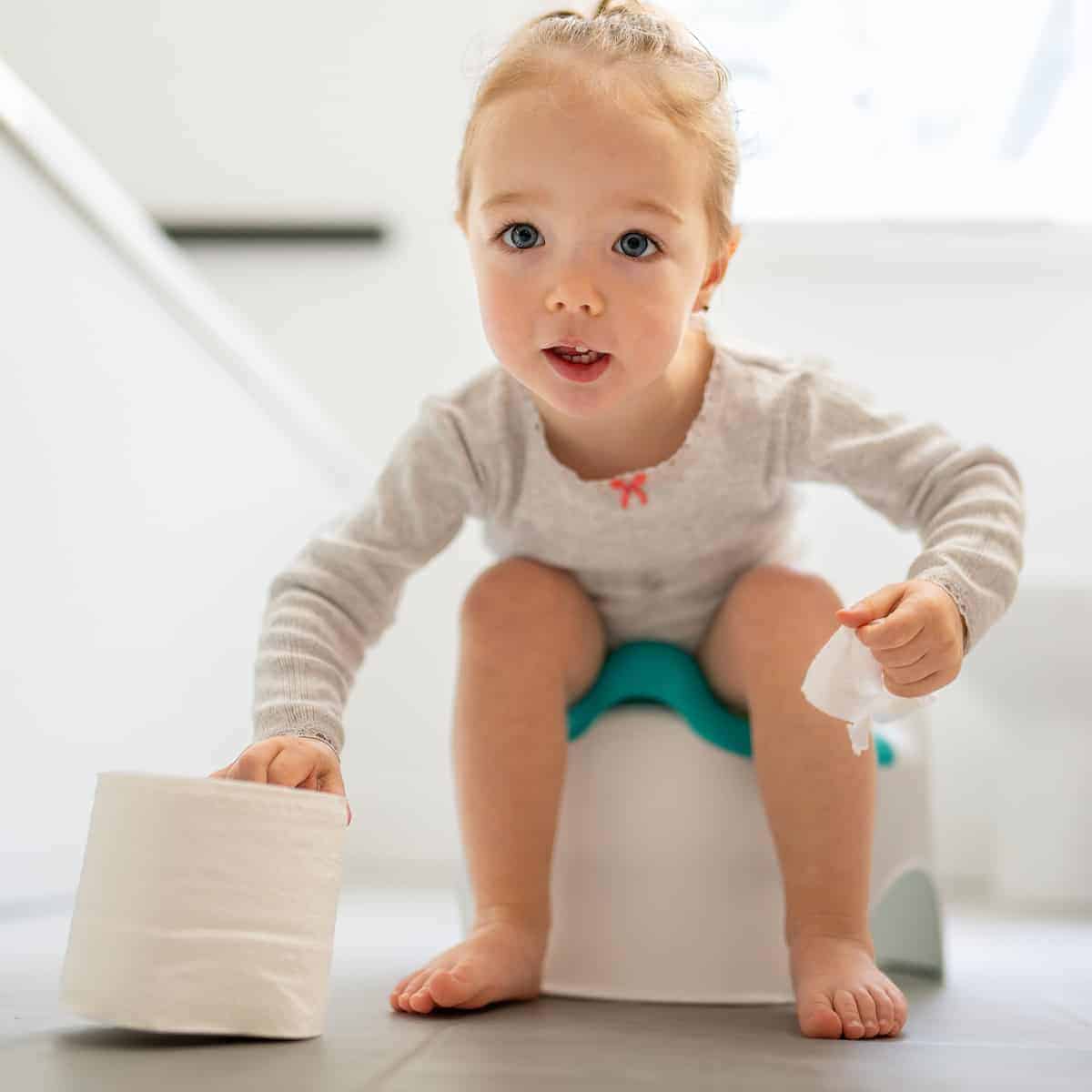
Potty Training and Toilet Problems in Kids with Sensory Issues
With your previously potty-trained child having accidents at school, you feel embarrassed for them and you feel embarrassed for yourself. You can feel overwhelmed and unsure of how to make things go back to "normal.". So for any of my fellow parents feeling worn down, fed up, or downright confused about their newfound pee and poop problems.
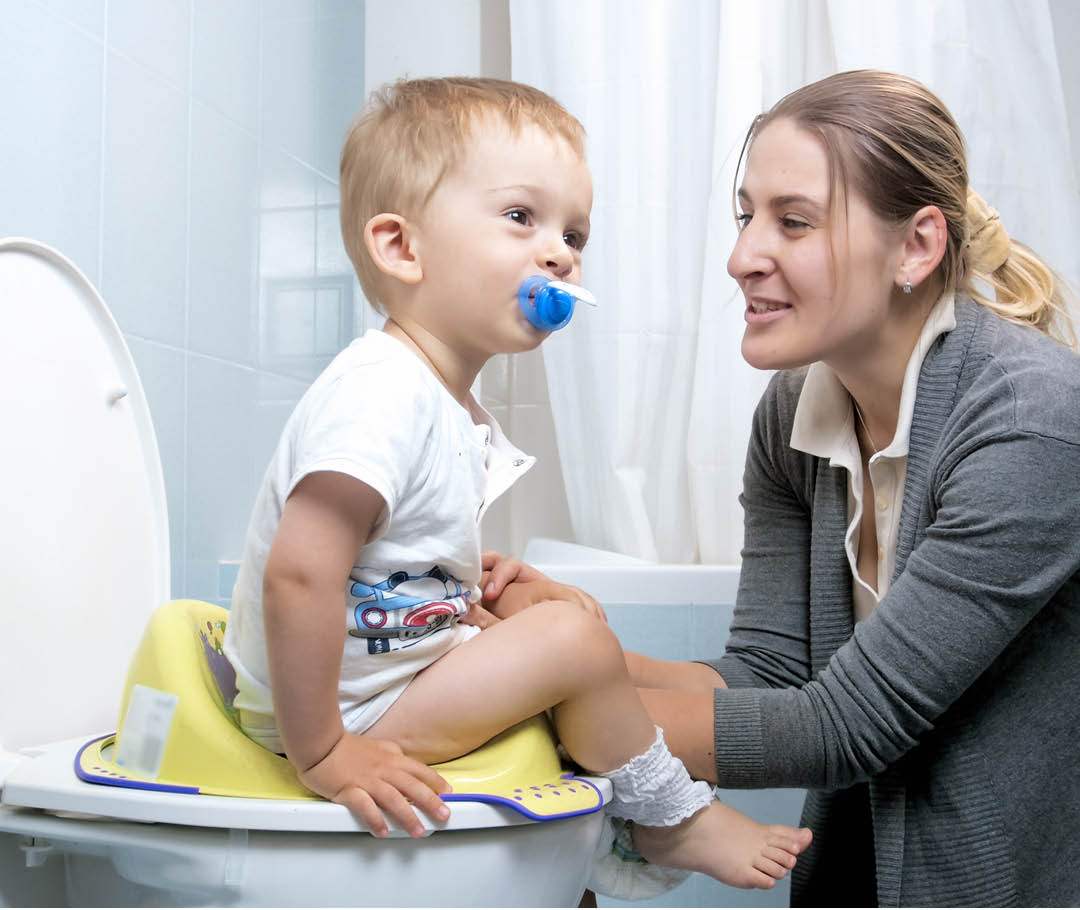
Successful Toilet Training for Kids with Autism
3 Steps for Handling Potty-Training Regression. During a regression in potty training, use these steps and work with your child to manage the situation and get back on track: 1. Identify the Problem. Using the above as a guide, try to identify the issue that could be causing your child's regression.
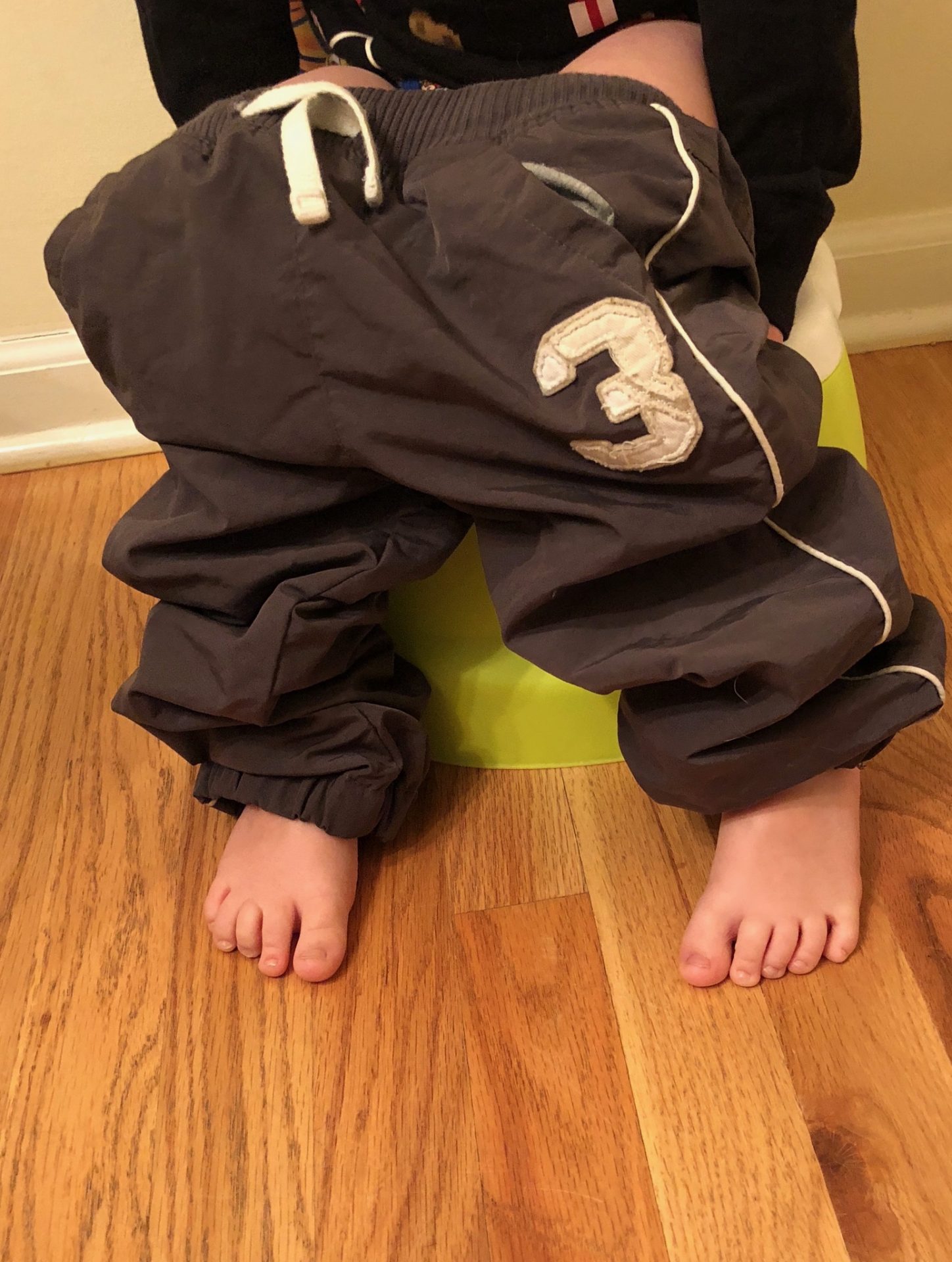
Potty Training Problems? 5 Strategies to Help your Child Avoid Bladder
In some cases, the best treatment is to revisit potty-training basics. For daytime wetting, making sure the child urinates every 2-3 hours during the day, for example, and keeping track of fluid intake can help. For children with nighttime wetting, bed alarms often aid children in waking up in time to empty their bladders. Pelvic floor therapy.
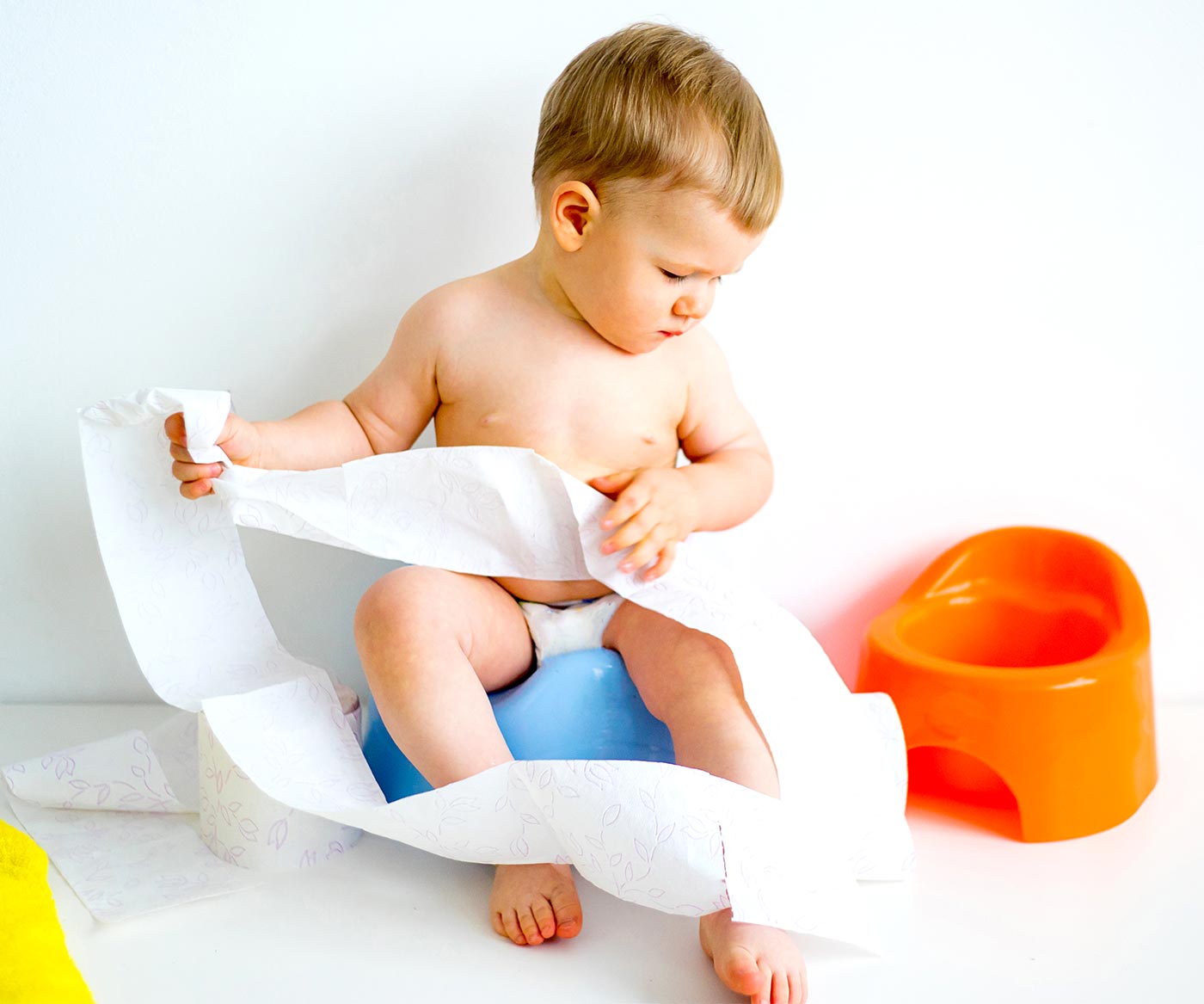
How to Handle Your Potty Trained Toddler Having Accidents on Purpose
Mistakes are part of learning. Another thing that occurs frequently—though is sometimes overlooked with potty training toddlers—is a natural regression that comes from having mastered a skill. When they were a baby, you may have noticed that your child moved with fierce determination to learn to roll over, crawl, or stand unassisted.

When Are Babies Potty Trained BABBIES CIP
2. Talk it out. If you believe it's a stress- or anxiety-related regression, talk with your child on their level and see if you can understand what the cause may be. Keep your tone nonjudgmental.